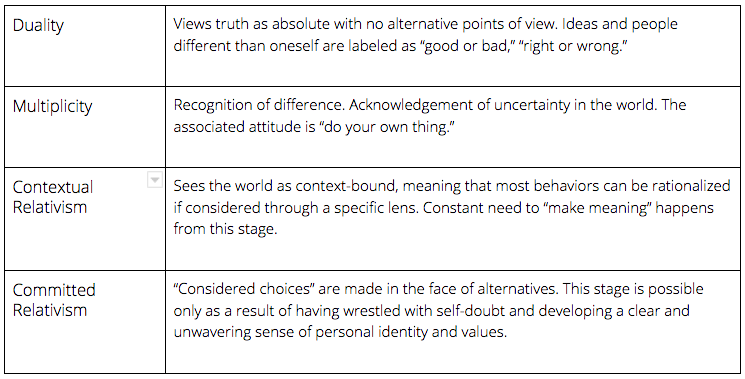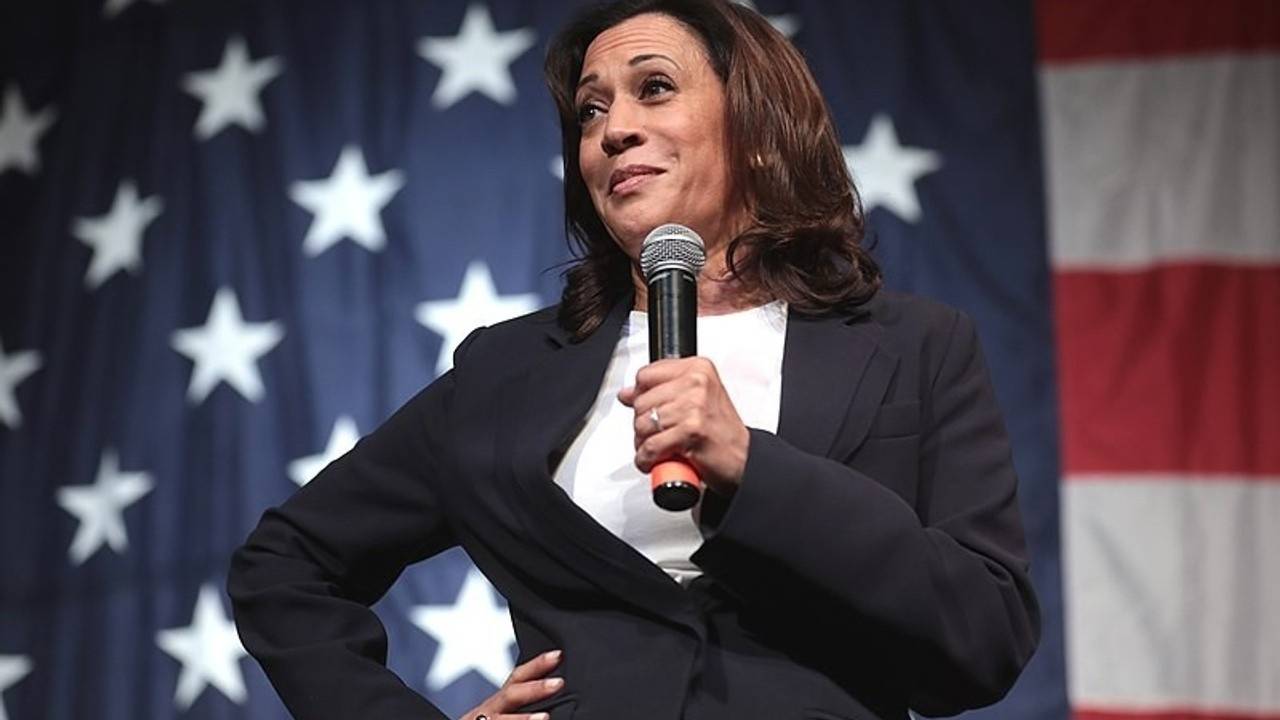Photo Credit: Gage Skidmore from Peoria, AZ, United States of America, CC BY-SA 2.0 <https://creativecommons.org/licenses/by-sa/2.0>, via Wikimedia Commons
I do not love politics. Much of this year, and all of last week, captures my why: people are forced to find and accentuate the worst in each other (during the primaries, even attacking people who are mostly ideologically aligned) and no matter the outcome, there are a lot of people who feel that they lose. As a person who’s spent my entire life fighting to expand access, only having two options has always felt limiting to me. At a DJA team meeting last Friday, three days into ballot counting, and with us all in an uncertainty-filled fog, I broached the elephant in the room. One of our team members said “we are up” and held up a “fingers crossed” symbol with their hand. Torn but needing to stand in my values I said, “I know that we are all watching with anticipation as the election results come in. I also want you to know that I am not assuming we all voted the same, and that’s ok. I didn’t ask to see your voter registration card as part of your application process.
What’s most important to me is that we are all here because we have shared values; we care about the same things and are willing to have each other’s back as we actively pursue our values.”
Sure, I voted and I have a political party that I support. I was right there with Van Jones when he shared his heartfelt response to the election results. I, too, have been living in fear; fear about ideologies and hate-filled behaviors being normalized. But my political stance doesn’t keep me from being able to engage, meaningfully, and authentically, with people who have views or prioritize their values differently than me. I can’t live in that small box and do the work that I do, and I certainly wouldn’t be modeling my own espoused values, if I did. I believe that the intersections—of ideas and experiences—is where genius lives. I truly believe that the best of us will only be discovered through constant, rigorous, and often incredibly uncomfortable discourse.
In college, I learned about William Perry’s Scheme of Intellectual and Ethical Development and I still use it to help me sort and communicate across political lines while still firmly anchoring my values.

I use Perry’s framework as part of “doing my own work”. I force myself to move past dualism and challenge myself to consider ideas, people, and relationships through the frame of committed relativism. From the committed relativism frame, I can explore alternative points of view and authentically consider their validity without abandoning my own held values. As explained in the course, Mind Development, “at this level, there is unity, but not simple unity. The desire to over-generalize is diminished. Valued principles in one area may not be mindlessly applied to another.” From a committed relativism frame, I can be filled up with joy as I watch Kamala Harris shatter glass and break boundaries that have limited my own and so many others’ ability to dream. I can feel proud to see a woman who looks like me in the second-highest office in the U.S. I can simultaneously take a walk with a neighbor who supported a different candidate than I did. I can be humble and realistic about the acute need to heal a divided people. I can be my authentic self and create space to learn and grow across differences.
I encourage you to consider where you are positioned using Perry's framework, and more importantly the extent to which that positioning is serving you. If you have been firmly in duality—when #BlackLivesMatter triggers the need to declare “No! #BlueLivesMatter”—what limitations come with that frame?
Here’s the thing: values, by definition, are always positive. Mostly, people have similar values (e.g. family, kindness, integrity, community, freedom). The tricky part is that values are defined, expressed, and prioritized differently. This is the essence of politics and religion and culture and microcultures. At the national level, we are wrestling to find shared definitions and paths for expressing our shared values. Clearly, this is hard work. It’s also how cultures transform.
We are certainly in the midst of a cultural transformation. So, instead of running away from it perhaps let’s commit to being in this messy collective space and know that cultural transformation is about all of us, not just one or a few people who have been deemed to have more “power” than others. Isn’t that a possible outcome of all of this, that we redistribute power in a way that better reflects our shared values? If yes, then we’re going to have to be all-in with committed relativism as our operating frame.

